
A Decade of Leveraging Big Data for Sustainable Development
Advances in information and communication technologies (ICTs) are driving global changes in our society—from the way we communicate with each other to the forces that shape our economy and behaviour. The rapidly evolving capabilities of artificial intelligence (AI) offer new opportunities to unlock the value of big data for more evidence-based decision-making that can accelerate progress towards the Sustainable Development Goals (SDGs).

How Can Multilateralism Survive the Era of Artificial Intelligence?
Artificial Intelligence (AI) is converging with an extraordinary array of other technologies, from biotech and genomics, to neurotechnology, robotics, cybertechnology and manufacturing systems. Increasingly, these technologies are decentralized, beyond State control, and available to a wide range of actors around the world.

Innovating for Children and Young People
Innovation and the rise of digital technology have forever changed how we work, interact with one another, and create and share information. Innovative technologies are also changing how we, at the United Nations Children's Fund (UNICEF), are supporting children and young people around the world.

Standards Build Trust: How the International Telecommunication Union Supports Inclusive Sustainable Development
Standards connect us with reliable modes of communication, codes of practice and frameworks for cooperation.
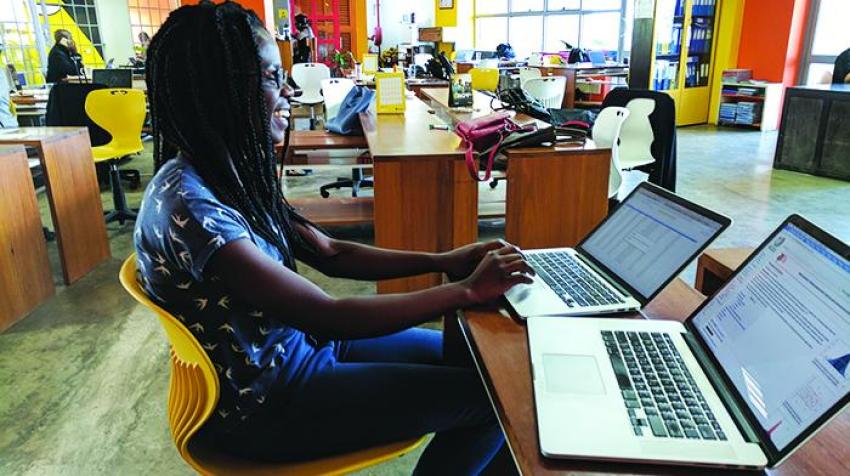
New Technologies and the Global Goals
Policy is just as important as innovation because the right policy environments will ensure the success of efforts to achieve the Global Goals, including those related to technology.
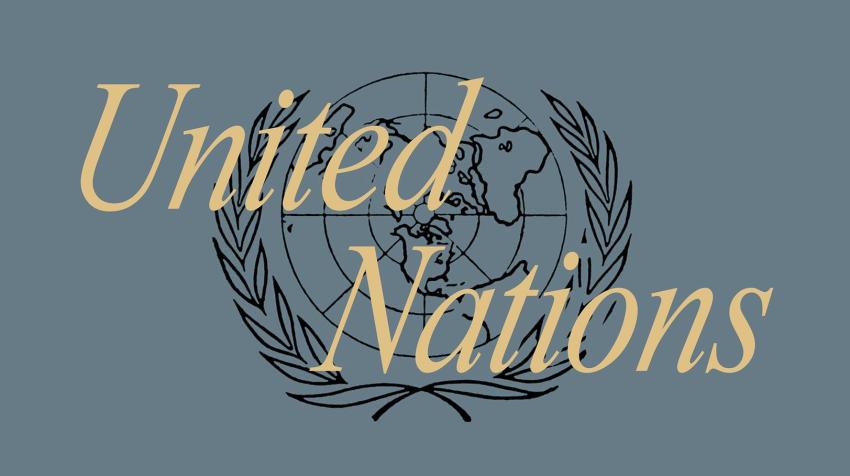
Foreword
In response to changes in the publishing industry, the UN Chronicle, like many journals and periodicals, will now become a fully digital magazine following the publication of this issue. A fully redesigned UN Chronicle website will be launched by mid-2019. Like its earliest predecessors, it will offer original content that is varied, concise and updated regularly, and continue to highlight the SDGs and the work being done to achieve them.
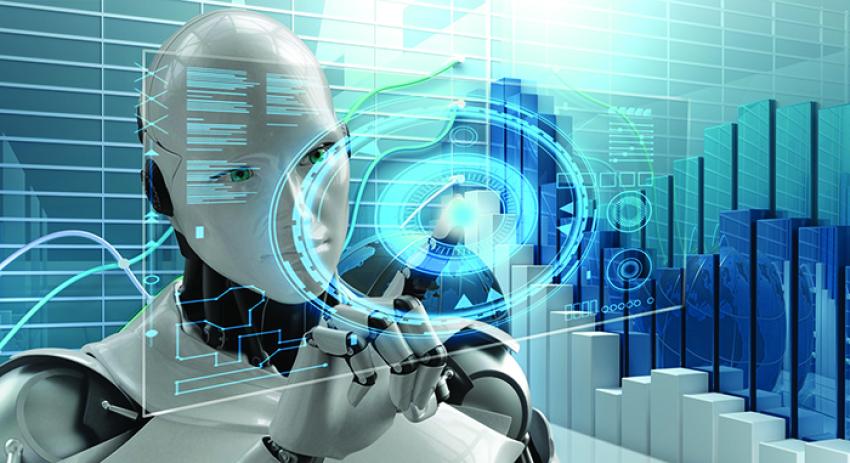
Towards an Ethics of Artificial Intelligence
AI could open up tremendous opportunities for achieving the Sustainable Development Goals (SDGs) set by the United Nations in the 2030 Agenda for Sustainable Development. Its applications enable innovative solutions, improved risk assessment, better planning and faster knowledge sharing.

Closing the Technology Gap in Least Developed Countries
Tremendous technological leaps are being made, but the economic and social benefits remain geographically concentrated, primarily in developed countries.
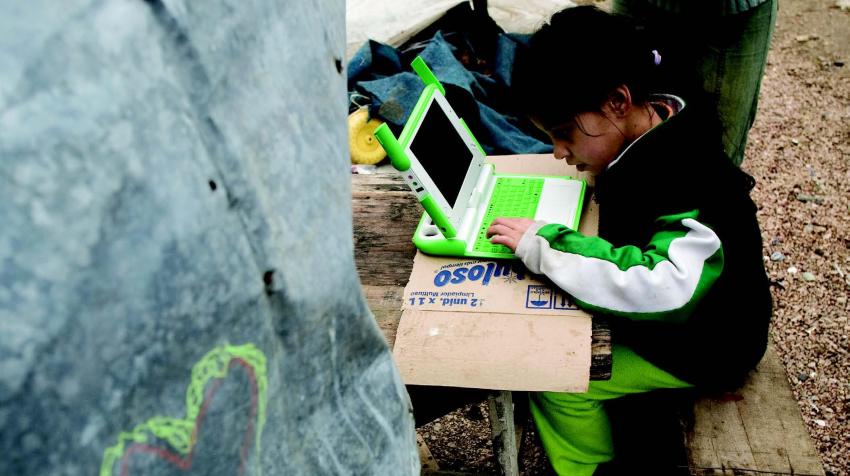
Frontier Technologies: A Window of Opportunity for Leapfrogging!
Imagine a world with no hunger, where every child attends school and no one dies from a communicable disease. This is not a utopian dream, but rather our collective vision for a society where no one is left behind. It serves as our guiding spirit—our raison d'être—as we work together towards the implementation of the 2030 Agenda for Sustainable Development.
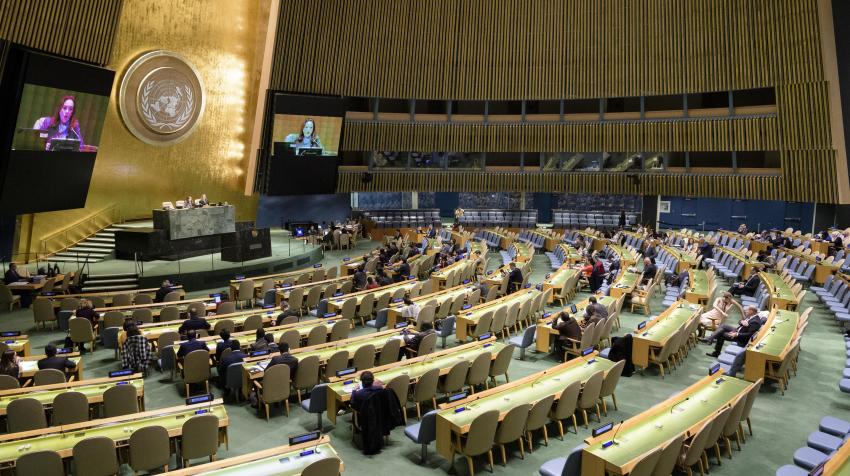
Keeping Pace with an Accelerated World: Bringing Rapid Technological Change to the United Nations Agenda
Humanity is at a crossroads: we face both the opportunities and challenges of a range of powerful and emerging technologies that will drive radical shifts in the way we live.
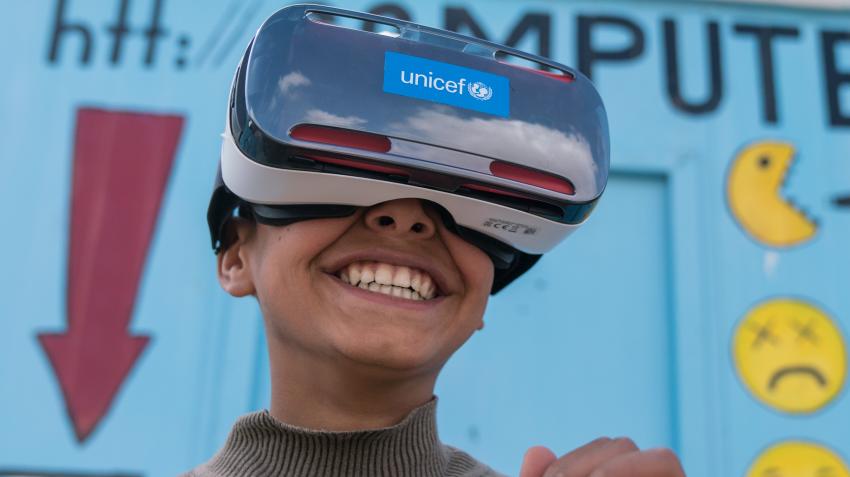
The Secretary-General’s Strategy on New Technologies
What we understand far less is what all these changes will mean for us socially, politically and psychologically: what they will mean for the relationship between citizen and State, for the conduct of conflict, for our economies, for our psyche and for our human rights.
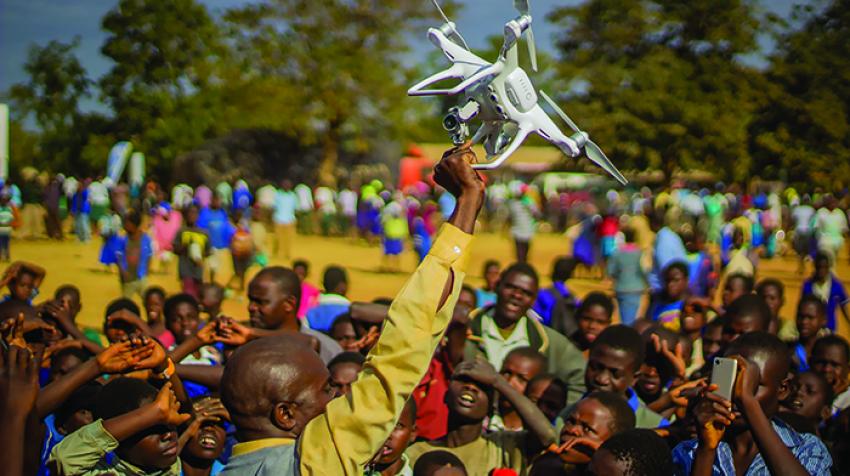
The Race to Innovate for Development Should Not Leave Foundational Data Systems Behind
Data is everywhere, constantly being created by humans and machines across the globe. But as half of the world seems to be drowning in data, too many people and places are still invisible in the numbers that drive decisions.
